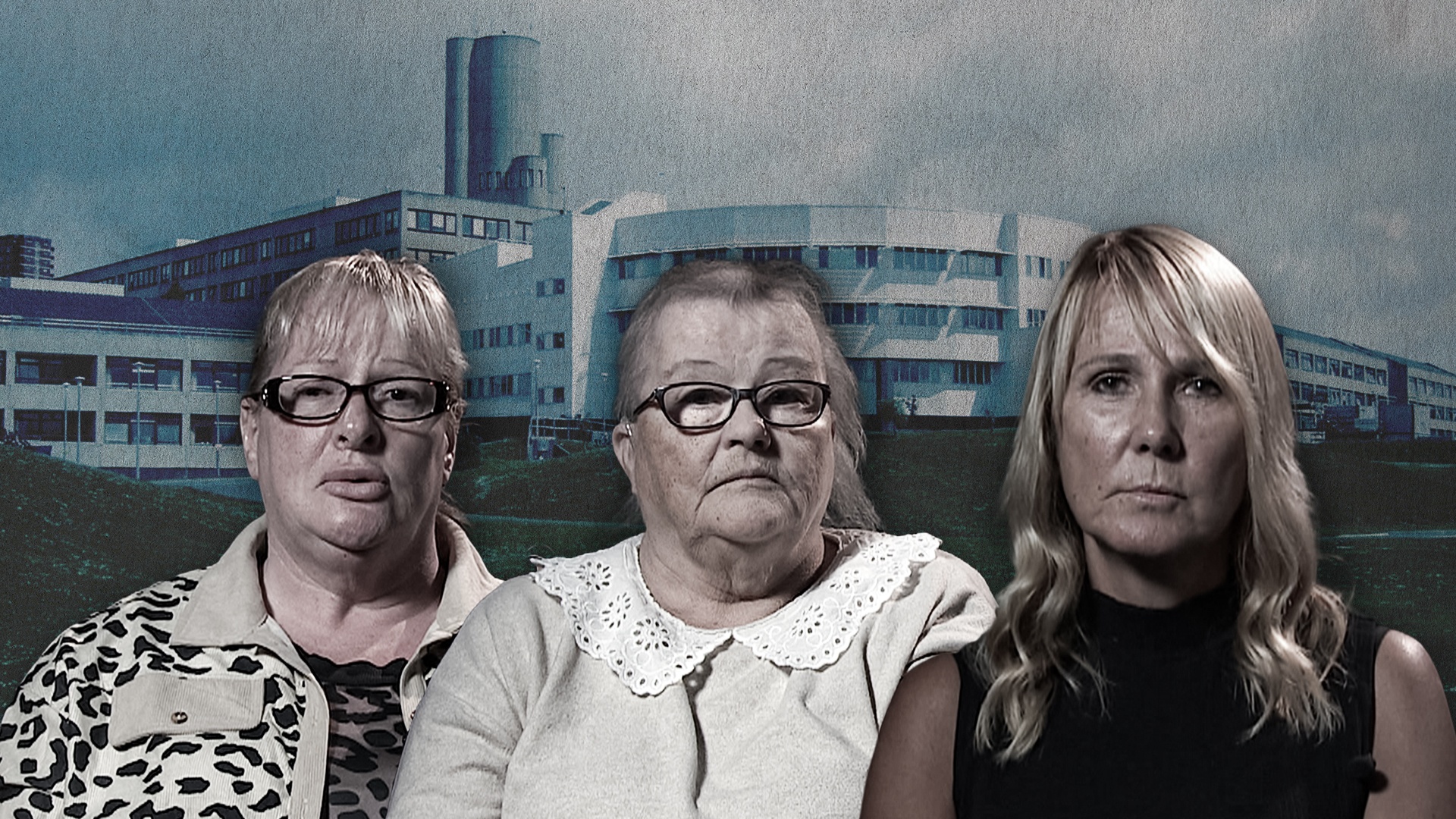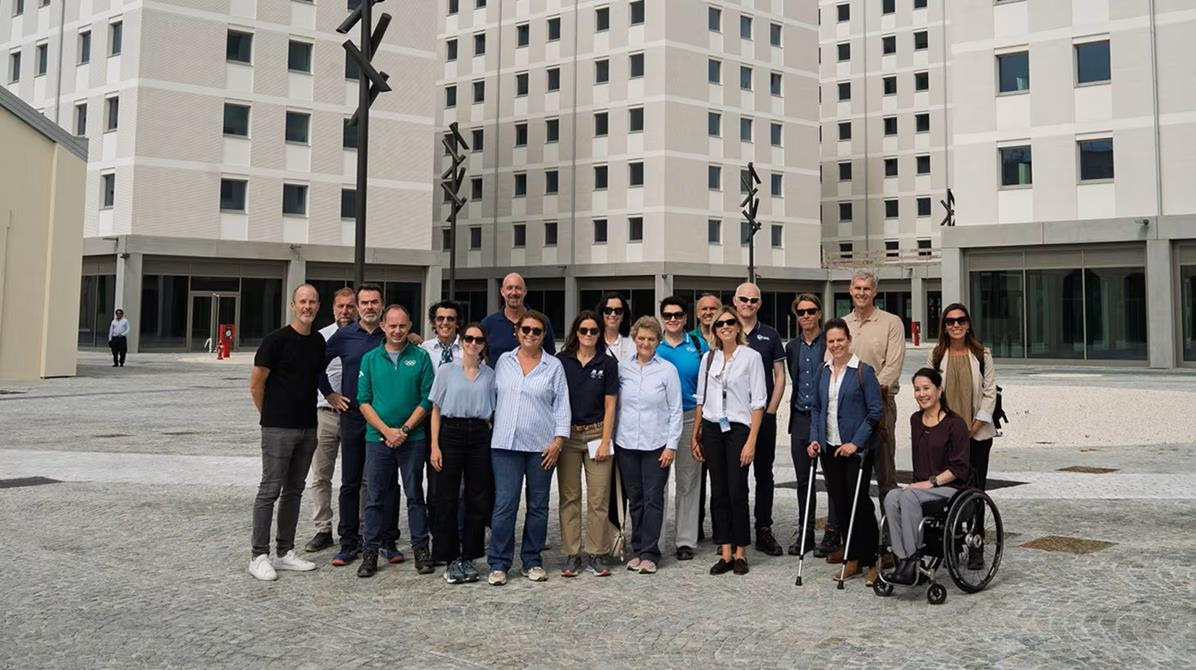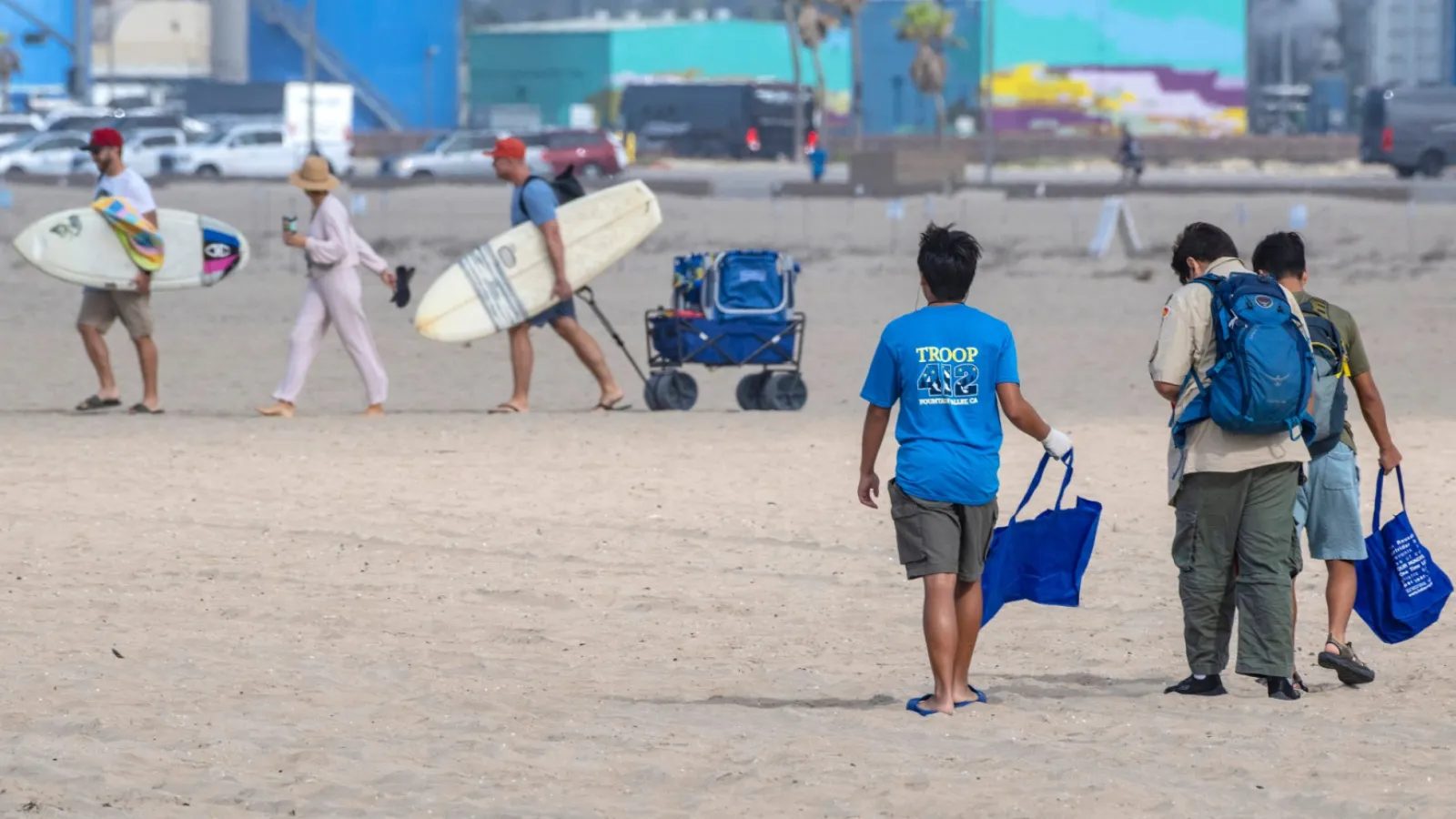Scotland Tonight: The patients harmed by disgraced neurosurgeon Sam Eljamel still desperately seeking answers
By Fiona Steele
Copyright stv

For more than a decade, patients harmed by disgraced neurosurgeon Professor Sam Eljamel have campaigned for answers.
Last week, after years of pressure, the long-awaited public inquiry into his conduct and the systemic failings that allowed him to keep operating officially began.
Patients claim Eljamel harmed as many as 200 people, saying his botched surgeries permanently changed their lives at Ninewells Hospital in Dundee. For families, the start of the inquiry brings hope of justice, but their stories reveal the depth of suffering.
Eljamel served as head of neurosurgery at Ninewells from 1995 until December 2013, when the board suspended him following three months of “indirect supervision” triggered by complaints – oversight that was later described as “inadequate”.
The surgeon was allowed to operate on 111 patients unsupervised despite being under clinical supervision.
NHS Tayside has admitted that those patients were put at unnecessary risk.
Following his suspension, Eljamel resigned from his post in May 2014 and removed himself from the General Medical Register in 2015.
‘Why did you do this?’
Douglas Pymm’s wife Annemarie was among Eljamel’s patients.
An operation carried out by the surgeon left Annemarie needing round-the-clock care, severely impacting her ability to talk and live independently.
Douglas described Annemarie as “a bubbly, happy person who was always up for a laugh”.
He said: “People will tell you she loved dancing…Annemarie was the only person I know who could do Tina Turner on six-inch heels up and down the dance floor, no problem.
“She’s not the same person, she’s entirely different, and she’s very frustrated because her mind still works. Now I understand her, but other people don’t.
“You put your trust in these people because they’re trained in it, and then the next time I saw Annemarie, I thought she had been in a car crash. Her head was twice the size, she had all these staples again, she couldn’t walk, she couldn’t talk, it was just a disaster.
“The first time I learned we weren’t the only ones affected was when the news on the television. (Fellow survivor) Jules Rose was saying what Eljamel had done to her, and if it wasn’t for her, I would still be in the dark.”
‘A scalpel and a madman’
Dawn Harris, another patient, recalls: “My life was wonderful basically. I was very outgoing – very, very outgoing. We took the kids away on holiday, we camped, we were never at home, and that was all taken away by a scalpel and a madman.
“I was working as a self-employed nail technician, running my own business, but I was having really sore heads all the time. I ended up with what they thought was a stroke, and then I was sent up to Ninewells. They came back to me saying you’ve not had a stroke, you’ve got a brain tumour.
“I then met Professor Eljamel, and he put me on a very high dose of steroids and told me that he had to operate as soon as possible or I would be dead within a month.”
‘He removed my tear gland instead of my brain tumour’
Jules Rose, lead campaigner and patient representative, told Scotland Tonight: “I had a very full, busy social life, I was extremely adventurous, I would hill walk, run marathons, it was good.
“My eyesight in my right eye started to deteriorate slowly, and I visited the opticians four times in one year.
“I go to my friends in France every year and her young child at the time said, ‘mummy, Jules’ eyeball is sticking out.’ The tumour was slow-growing, located behind my eye socket, and it was slowly pushing my eyeball out.
“I went in for removal of my brain tumour, and Eljamel told me that it had been 99% removed. He then lied about and told me he perhaps only got some of it out.
“I remember quizzing him and saying ‘but you told me you had it 99% removed’ and I remember he just changed his demeanour like that. He looked at me so cold and said: ‘I said I got some of it out’.
“Eljamel had lied and attempted to cover it up. He removed my tear gland instead of my brain tumour the first operation, but what I didn’t know at that time was that Eljamel was under supposedly ‘supervision’. There was no supervision over Eljamel in any operating theatre.
“I was the last patient that Eljamel operated on. He was suspended the next day after my surgery. Eljamel was able to then deregister himself from the General Medical Council, and he fled the year after to Libya, 2,000 miles away, where he is currently operating on more innocent people, which does not sit well with us at all.
“(I feel) utter rage. For this health board to deceive me. There was no duty of candour, there was no honesty, there was no informed consent, how dare they?”
Patients and families say responsibility goes far beyond one surgeon
Jules said: “I hold Eljamel, I hold the board, particularly past and present members of NHS Tayside, and I also hold the Scottish Government responsible. I do not believe that nobody knew what Eljamel was doing. They gave him the tools to do the job.”
‘We need this inquiry to be meaningful’
The Eljamel Inquiry into his professional practice was formally set up by Scottish health secretary Neil Gray earlier this year, with a remit that includes how concerns were responded to by his employer NHS Tayside, and whether the systems in place to protect patients were adequate.
The bodies involved include NHS Tayside, the Scottish Government and Healthcare Improvement Scotland.
At a preliminary hearing in Edinburgh on Wednesday last week, counsel to the inquiry Jamie Dawson KC said efforts have been made to locate Eljamel in order to secure his participation, since the evidence to be heard is likely to contain “substantial criticism” of him.
Jules said: “We want this public inquiry to be meaningful, to make change, because if not, this document that we receive five, six, seven years down the line is going to be filed into a drawer, gathering dust, like other public inquiries.
“I hope there’s accountability. I really hope the patients get some form of justice from it, but equally, I want to see patient safety reformed, we cannot allow this, any patient to go through what we’ve all endured.”
For survivors, the scars are permanent.
Dawn told Scotland Tonight: “I have tried to take my life on several occasions and had to be hospitalised at one point because of my mental health.
“Why me? Why me? Why did he think he would be able to take everybody’s lives from them like they were nothing?
Douglas said, “He took away the memories. Keep your money, give me back time. Time was stolen. He’s a thief. He’s taken something that can never ever be given back.”
What is NHS Tayside saying?
A spokesperson said: “NHS Tayside commissioned a due diligence review into Professor Eljamel, which was published in 2023. That report found that:
Professor Eljamel had the appropriate and verified qualifications.After a number of concurrent complaints a decision was made to commission an external review by the Royal College of Surgeons in June 2013.Professor Eljamel was placed under clinical supervision on June 21, 2013 but was not supervised directly in the operating theatre by another neurosurgeon.During the time Professor Eljamel was under supervision, he operated on 111 patients.The decision to supervise Professor Eljamel was the right decision to make, but the direct nature of the supervision was inadequate.Therefore, 111 patients were potentially exposed to possible harm.
“NHS Tayside have written directly to the group of patients affected to sincerely apologise on behalf of the Board.
“The clinical and professional governance processes in NHS Tayside have been significantly strengthened and demonstrably different to those in place more than a decade ago.
“The Board and the clinical leadership team have worked jointly to ensure there is robust reporting, scrutiny and assurances routes to minimum risks to patients.
“NHS Tayside remains fully committed to cooperating with The Eljamel Inquiry.”
And what about the Scottish Government?
A Scottish Government spokesperson said: “The Scottish Government welcomes the progress of the Public Inquiry, which will look at the actions of Mr Eljamel, NHS Tayside and Scottish Ministers.
“We remain fully committed to engaging constructively with the process and value the progress made by Lord Weir and his team.
“The Independent Clinical Review will investigate and provide reports on the clinical events and circumstances of former patients of Mr Eljamel.
“The ICR Chair has committed to ensuring this is a trauma-informed, person-centred process that will be open to all former patients who wish to take part. Professor Wigmore and Lord Weir have committed to assist each other for the benefit of former patients.”



